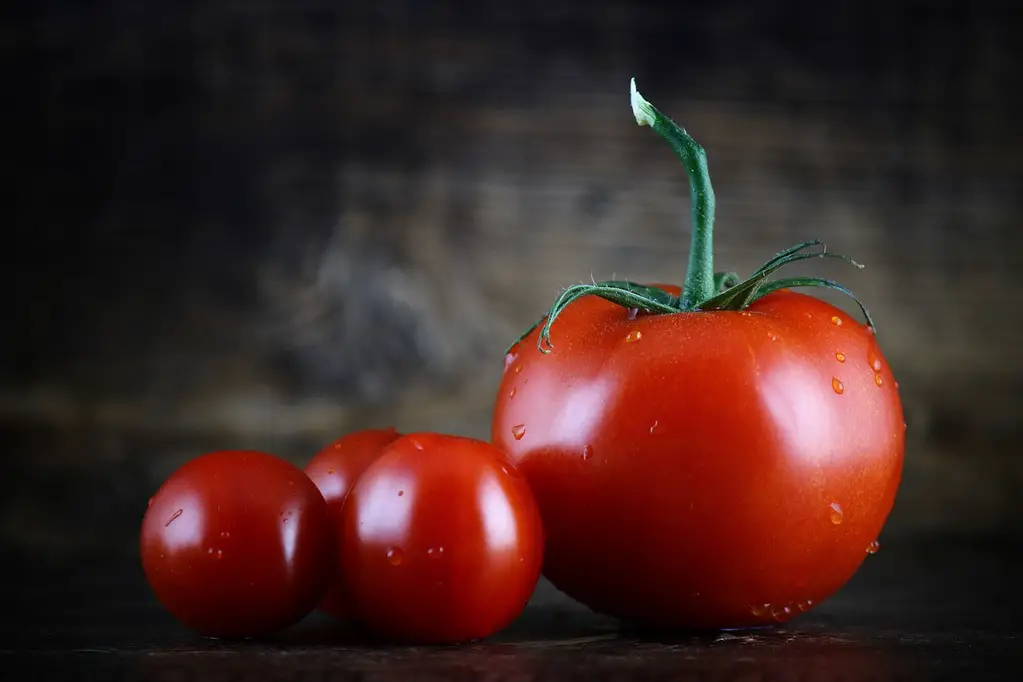There was once a time in history when the seemingly uncontroversial tomato made it all the way up to the United States Supreme Court. The main argument was, is the tomato a fruit or a vegetable?
In 1893, the case of Nix v. Hedden revolved around this one central issue. Was a tomato a fruit or vegetable? At the time, vegetables were being hit with a 10-percent import tariff when they entered the United States while fruits were not. The reason for the tariff was because of the Tariff Act of 1883, signed by President Chester A. Arthur. It required a tax on imported vegetables but not fruit.
John Nix was a Manhattan wholesaler who owned a company called John Nix & Co. that he ran with his four sons. When a shipment of tomatoes got smacked with a tariff by the Port Authority of New York, Nix protested and said that tomatoes were not technically vegetables. He had a point at the time. Tomatoes were, and are, botanically classified as a fruit. A fruit contains the seeds of the plant while a vegetable can be considered any other edible part of the plant we eat which doesn’t come from the fruit of the plant.
Nix filed a case against Edward Hedden, the Collector of the Port of New York, in 1887 for the recovery of back-duties already paid. Nix argued that the tomato was a fruit because it is the seed-bearing structure of the plant.
The case made its way to the Supreme Court in 1893. The counsel for the plaintiff entered into evidence the definitions for fruit and vegetable from three different dictionaries and had two witnesses give their opinions if they thought the words from the dictionary had a special meaning in trade or commerce. The plaintiff’s counsel then entered into evidence the dictionary definition for tomato. The counsel for the defendant also used the dictionary and entered into evidence the definitions for squash, cucumber, eggplant, pepper, and pea. The plaintiff’s counsel returned with the definitions for such things as carrot, bean, potato, parsnip, cauliflower, turnip, and cabbage.
But the court didn’t agree with the explanation given by the counsel for Nix. They unanimously agreed that the tomato should be classified as a vegetable because of how it was used in everyday life, not how it was used in commerce. Justice Horace Gray wrote the opinion for the court and admitted that botanically, “Tomatoes are a fruit of a vine, just as are cucumbers, squashes, beans, and peas.” But he went on to write that, “In the common language of the people, whether sellers or consumers of provisions, all these are vegetables.”
The Nix v. Hedden decision has been used as a precedent in other court cases and may have had an affect on the classification of fruits and vegetables for tariffs by the League of Nations in 1937. The U.S. Department of Agriculture even continues to use the classification today for tomatoes that is based on the decision from this rather strange court case from 1893.
Sources: Washington Post, NPR, FindLaw, Business Insider
More Vegetable (or Fruit) Stories You Might Like:
The Journey of a Banana
Why Does An Onion Make You Cry?
Why Are Pimentos in Olives, and How Do They Get There?
Why Maple Syrup is Like Gold or Oil in Canada


